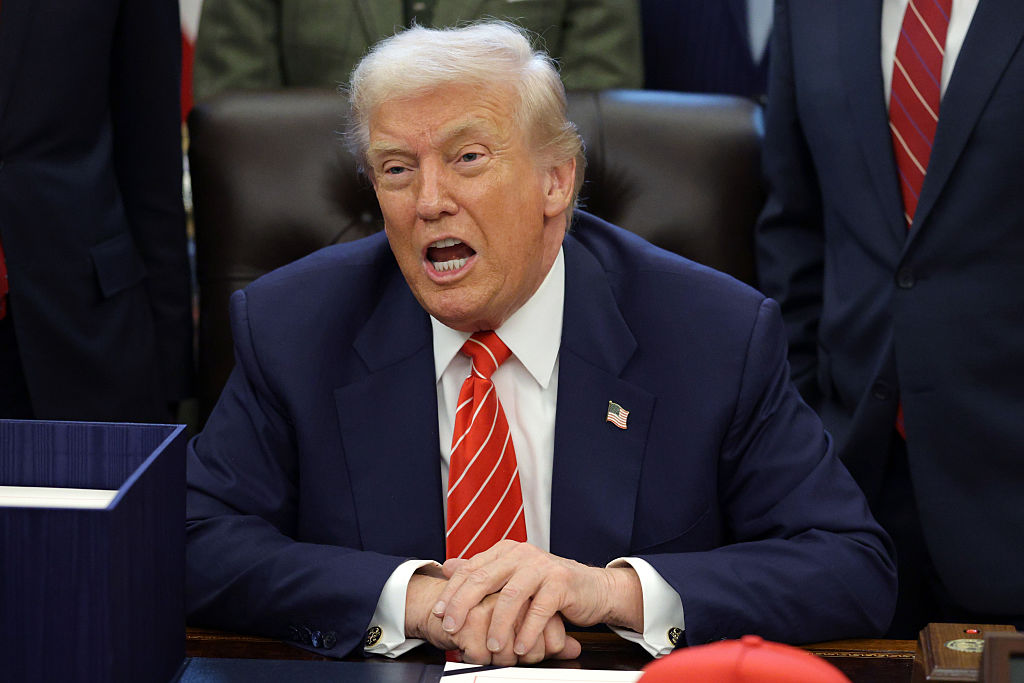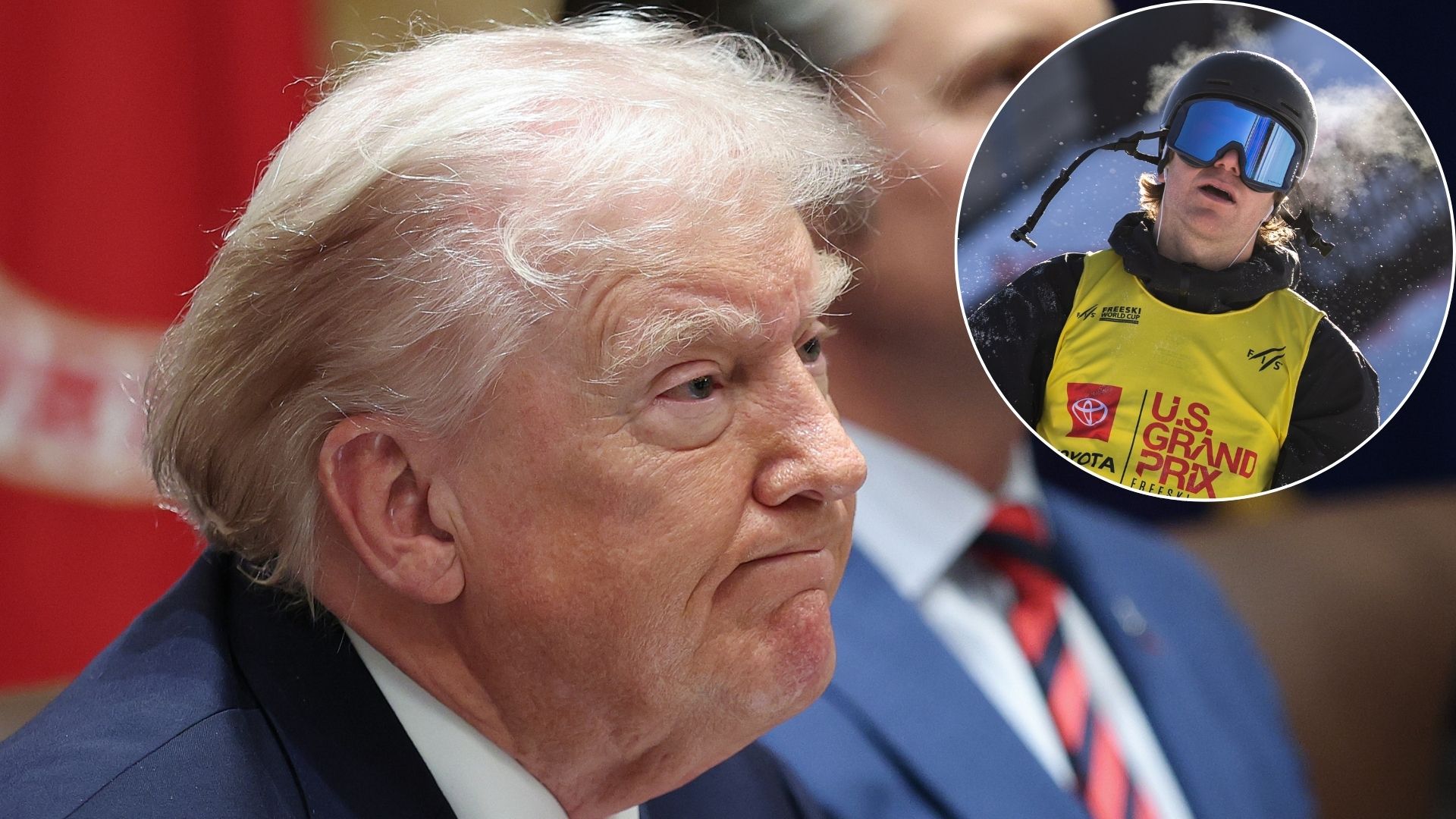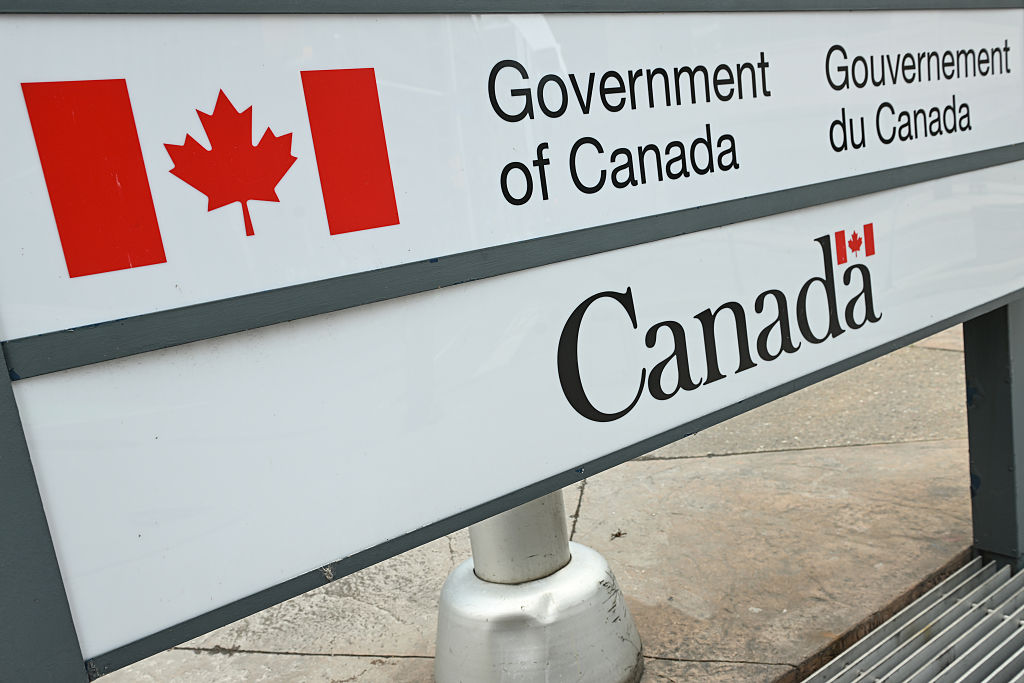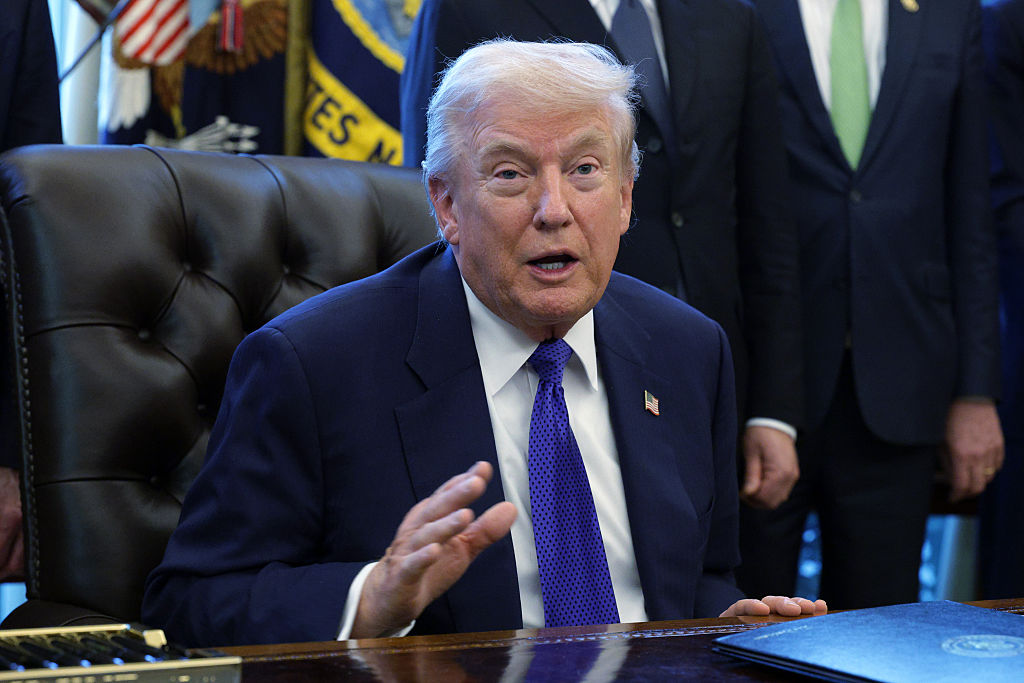
This statement adds to the theory of an unproven link between autism and the use of acetaminophen (Tylenol).
Robert F. Kennedy Jr. and his new theory

The U.S. Secretary of Health and Human Services, Robert F. Kennedy Jr., has created a controversy by claiming a link between circumcision and autism.
This new statement comes on the heels of previously publicized claims of an unproven link between autism and the use of acetaminophen (Tylenol).
At a cabinet meeting, he spoke of two studies showing that children circumcised at a very young age were twice as likely to be autistic, believing that this difference was due to the administration of Tylenol after the operation.
Studies based on cultural bias
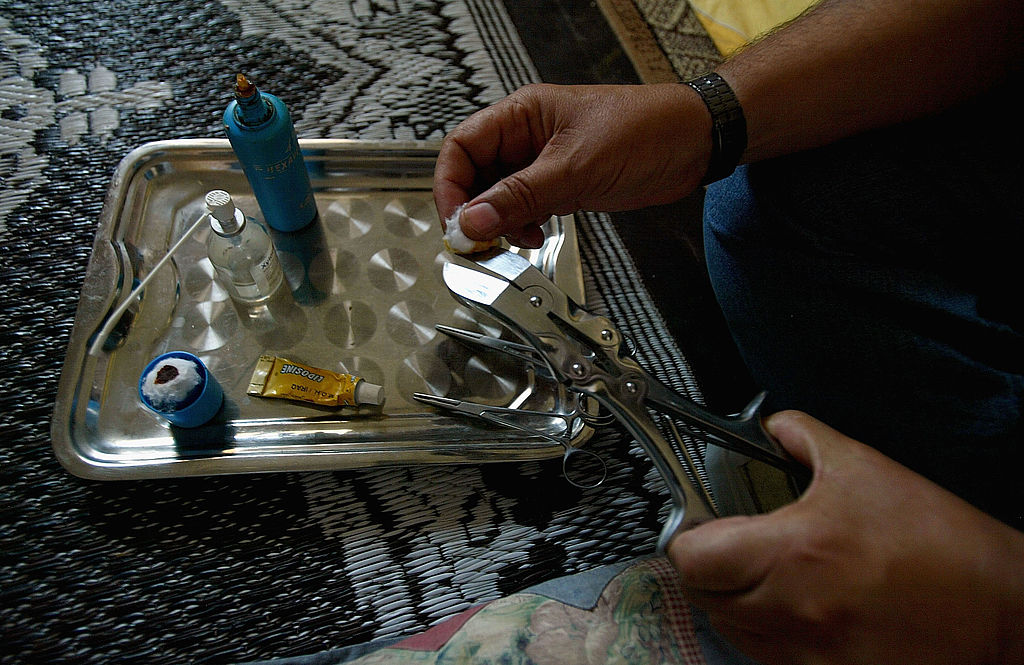
Kennedy did not specify the exact sources, however his statements appear to refer to two early studies (2013 and 2015) carried out in eight countries and Denmark respectively.
Both found statistical correlations, but failed to demonstrate a causal link. The authors also acknowledged the existence of cultural and methodological biases, as well as possible errors in their data.
Specialists point out that the correlation does not establish proof, and that a significant number of circumcisions are performed before the age of 12 weeks, an interval during which Tylenol is almost never prescribed. These contradictions deal a significant blow to the validity of Kennedy’s thesis.
The opinion of health experts
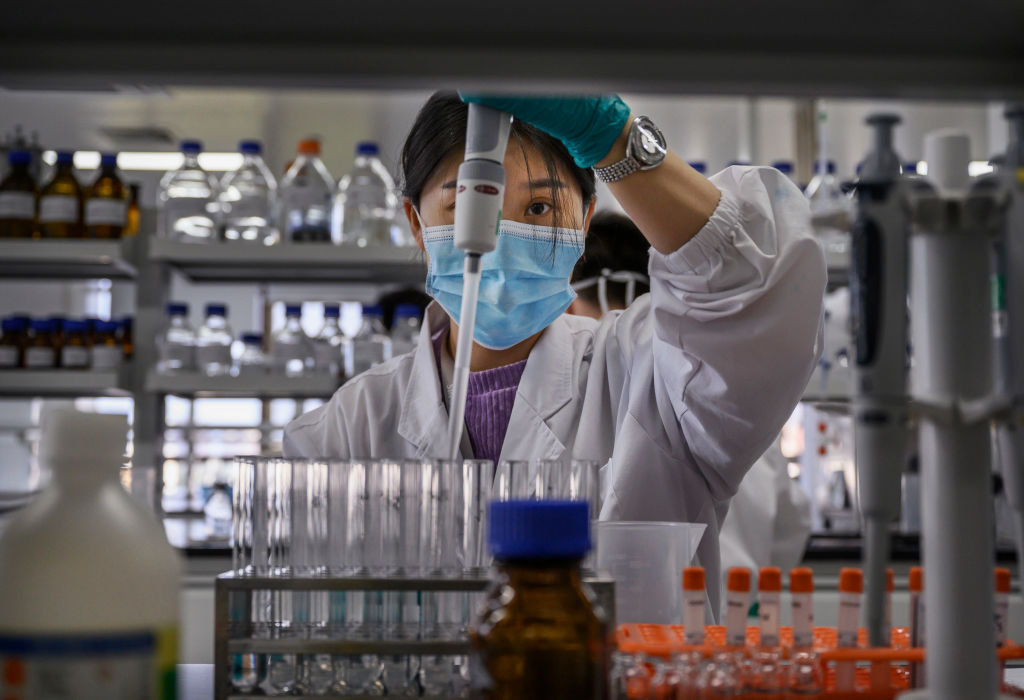
Numerous experts have refuted and strongly disputed these assertions.
Dr. Céline Gounder, a physician and CBS News contributor, points out that Kennedy confuses correlation with causation, using the classic example of coffee and tobacco:
“Just because two phenomena coincide doesn’t mean they explain each other.”
Pediatrician Dr. Steven Abelowitz points out that, in his 30 years of practice and after performing 10,000 circumcisions, he has almost always avoided the need for post-procedure Tylenol.
The researchers also point out that the article Kennedy mentions on Preprints.org is non-peer-reviewed, ideologically biased and partly funded by an activist group opposed to acetaminophen.
In short, there is no rigorous scientific basis for this theory.
International health and politics

Kennedy’s statements provoked outrage on an international scale:
– In the UK, the National Autistic Society condemned a “new anti-science drift” likely to mislead the public and compromise lives.
– In the United States, many medical leaders urged vigilance, stressing that acetaminophen remains safe and indispensable when used as prescribed, including during pregnancy.
These comments add to the political controversy surrounding Kennedy, who has already been heavily criticized for his anti-vaccine stance and his criticism of conventional medicine, and raise questions about his credibility as head of the Department of Health.

